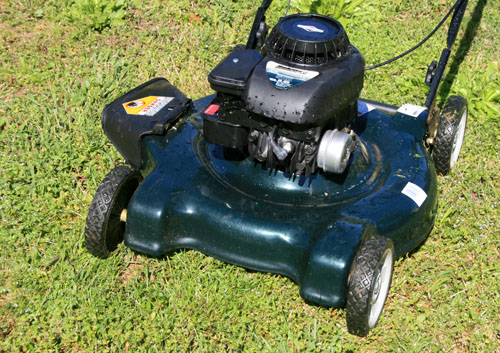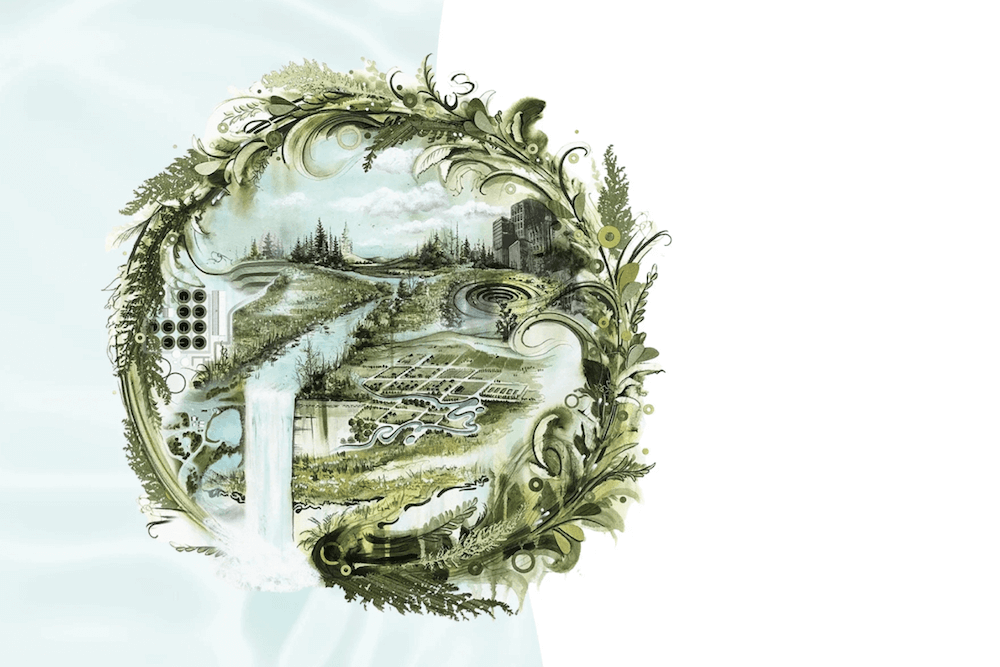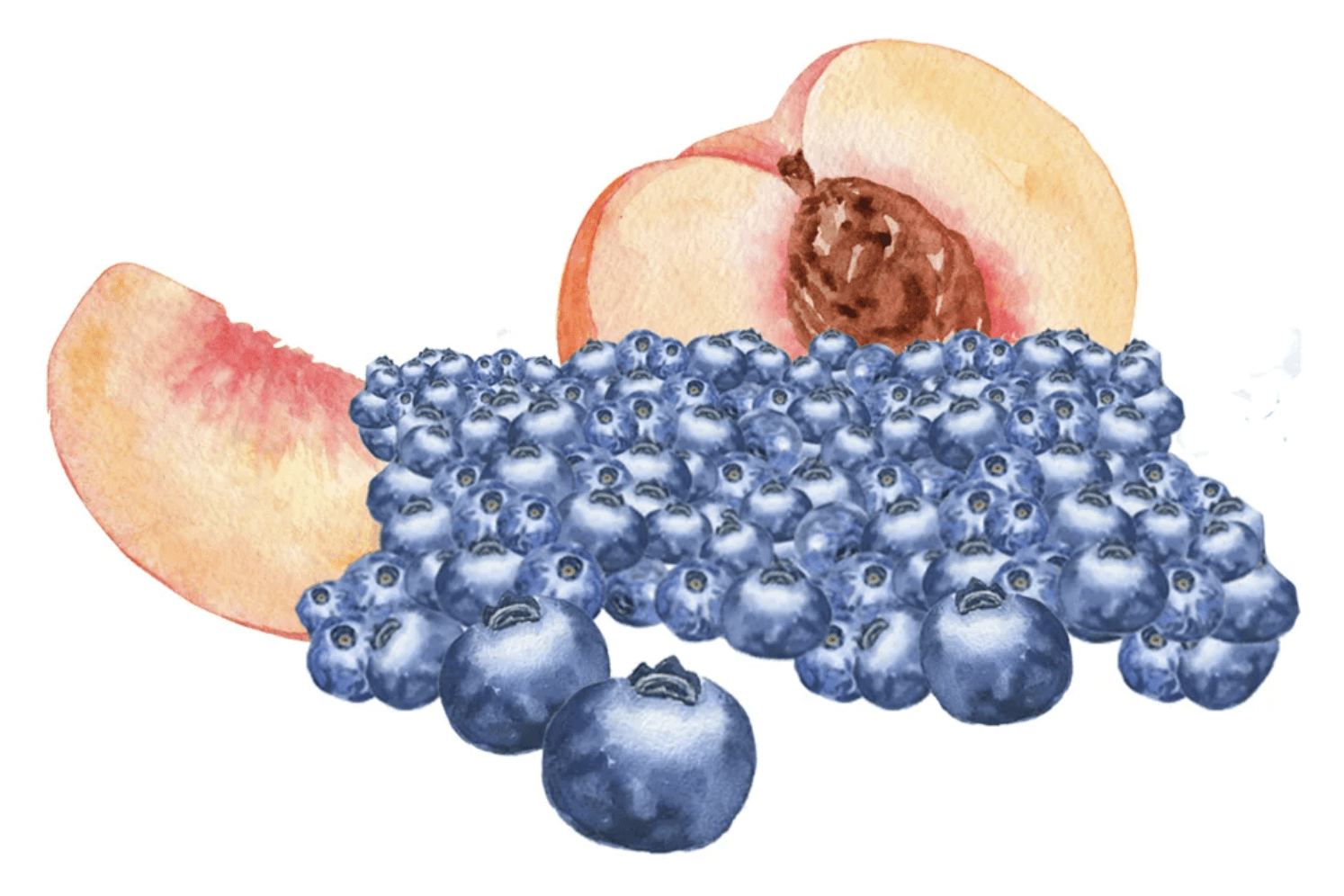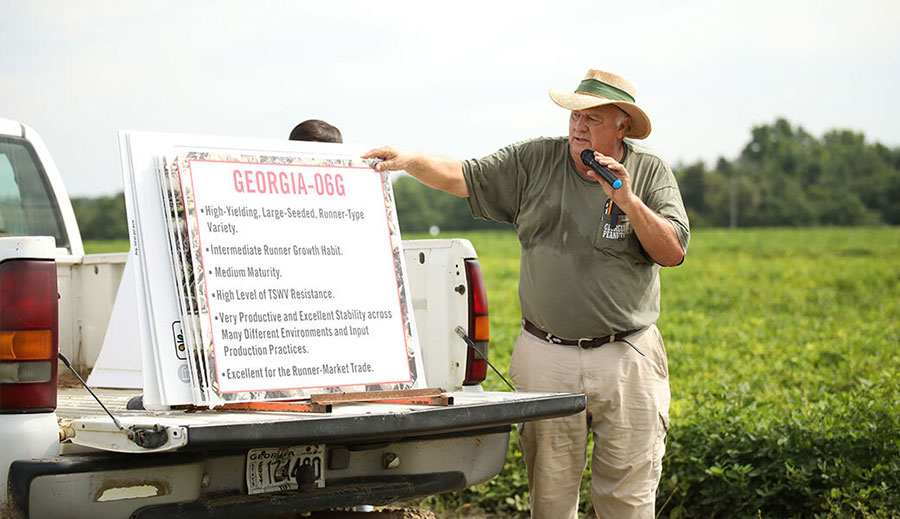On cold winter days, you may dream of summer and the return of cookouts or flag football games on soft, springy lawns. Or you may just long to sit and admire your beautiful turfgrass with a cold, sweet tea in hand.
There are several steps you can take now, in the cold of winter, to help you enjoy a beautiful lawn in the summer.
Turfgrass battle plan
Because of past droughts and resulting legislation, outdoor water use will continue to be an issue in Georgia. Water usage is something every homeowner must seriously consider and plan for. How much water did you use last summer to keep your lawn green? If the water regulations tighten, how will you irrigate your lawn?
By planning ahead you will be able to support a lush lawn by making wise use of limited water resources. A few simple things can make a big difference in your water bill and our state’s water usage.
Don't block sunlight
First, rake up the leaves leftover from the fall. Leaves can trap moisture and block out sunlight. Both are bad for turfgrass, especially cool-season grasses like tall fescue. Moisture trapped between the leaves and grass encourages disease.
Blocking sunlight is detrimental for grasses. The warm-season grasses are actually active after we think they are dormant for the season. They still need sunlight and good airflow.
If you don’t want to take the time to rake the leaves, shred them with a lawn mower. Keeping grass as healthy as possible prepares it for summer stresses like heat and drought.
Test your soil and check your mower, irrigation
Next, get a soil test. University of Georgia Cooperative Extension offers soil testing for a small fee. The soil is tested for fertility and pH. Information from a soil test will help you develop an efficient liming and fertilization program that will result in the healthiest lawn possible. Contact your local UGA Extension office for more information on soil tests.
Now, take a look at your lawn mower. Replace the oil and clean or replace the oil filter. Check all nuts and bolts to make sure they haven’t become loose. Most importantly, sharpen mower blades. Dull mower blades actually tear grass leaves and injure the plant.
Next, inspect your irrigation system. Hopefully, the system has been shut down and the water has been drained out and turned off. Replace broken irrigation heads and position the heads so they don’t water the sidewalk or road. Now you are ready to test and calibrate your system come spring.
Simple things like raking leaves, testing soil, performing mower maintenance and inspecting your irrigation system can make a big difference for your lawn this summer.
For more information on managing turfgrass in Georgia, see the UGA turfgrass website at www.GeorgiaTurf.com.








